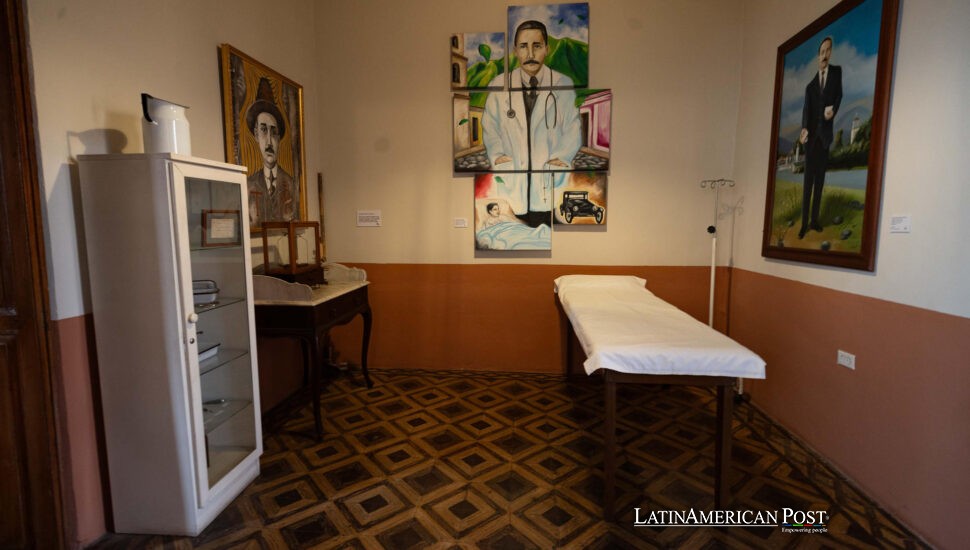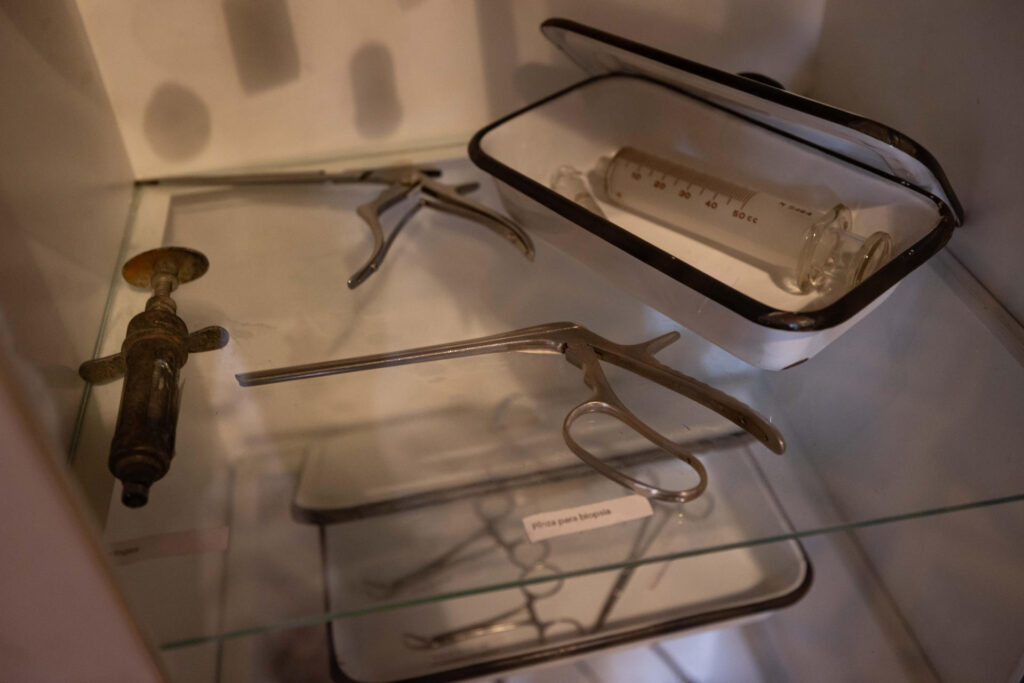The Venezuelan Doctor Who Became a Saint Without Ever Leaving the Street

In Venezuela, faith and reason share a face. José Gregorio Hernández—a man who smoked, laughed, lectured, and healed—has become more than a saint. He is the bridge between science and spirit, intellect and faith, the human and the divine.
A Doctor Before the Halo
Long before he was cast in bronze or printed on prayer cards, José Gregorio Hernández walked the streets of Caracas with his medical bag swinging at his side. He was not born a saint but a scholar, a man whose curiosity and kindness were inseparable. He could stitch a wound and, with equal skill, stitch his own flamboyant jacket. He was a doctor of the body, yes, but also of the soul—long before the Church ever thought to canonize him.
Biographer and philosopher Carlos Ortiz told EFE that Hernández was “a civil hero, a man who pushed for public-health policies and initiatives in Venezuela.” He added that if one word defines him, it is intellectual—” a dabbler in the best sense, restless and rigorous.”
Stories from his Paris years capture both the myth and the man. One, perhaps apocryphal, claims that friends once tried to tempt him with a prostitute. She returned later, furious—not at Hernández, but at them. “You scoundrels,” she reportedly said, “you left me with a true saint.” Whether honest or embellished, the tale speaks to what people wanted to believe about him: that holiness could live inside an ordinary, laughing man.
By the time he co-founded the National Academy of Medicine in 1904, Hernández had already become a pioneer in teaching through microscopes, a polyglot professor, and one of Venezuela’s most respected physicians. Yet none of these titles quite captured him. His students remember a man who stayed late in the lab and walked home through dimly lit streets to check on patients who could not pay. He smoked, he joked, he prayed. He was human—radiantly so.
A Priest Without a Cassock
Twice Hernández tried to enter the priesthood. Twice, he was turned away, his health too fragile for seminary life. But, as Ortiz explained to EFE, he found another path: “He entrusted himself to medicine as the vehicle to carry out his vocation of faith, and to science as evidence of the greatness of God’s power.”
So the doctor became, in Ortiz’s words, a “priest without a cassock.” His white coat became his vestment, the clinic his chapel. To each patient, he offered a quiet sacrament of care—one pulse, one breath, one whispered prayer at a time.
His closest colleague was Luis Razetti, another founder of modern Venezuelan medicine. They shared deep friendship and mutual respect, though their paths diverged. Razetti, a fierce promoter of evolution, represented the future; Hernández, a creationist, defended the harmony of science and belief. Razetti would lend his name to a medical school. Hernández would lend his to millions of whispered invocations.
The difference, Ortiz suggests, came down to warmth. Hernández’s faith, open and affectionate, made him easier to love. He was the scientist who believed in miracles, and for that, people believed in him.
Funeral Frenzy and the Birth of a Saint
On June 29, 1919, a car struck José Gregorio Hernández as he crossed a Caracas street. By evening, the city wept. Razetti himself signed the death certificate. But grief soon transformed into something larger.
That day, Caracas lost control. The coffin left his brother’s house at ten in the morning, paused at the university where he had taught, and reached the cemetery at nine at night. The crowd swelled into the tens of thousands. “There was great alarm and agitation,” one witness wrote, until a priest mounted the pulpit to plead for calm.
When the coffin emerged, the people surged forward. They tore it from the students’ shoulders, desperate to touch it, to claim a piece of the man who had once walked among them. “From those hours,” Ortiz told EFE, “devotion spread by word of mouth.”
There was, he added, an organized effort too—nephews, admirers, and Church officials who worked for decades to advance his cause. Yet none of it would have mattered without the memory people carried in their bones: the doctor who treated them for free, who smiled when others despaired. Last Sunday, the Vatican finally sealed that memory in eternity. The doctor of people with low incomes became Saint José Gregorio Hernández.

One Saint, Many Claimants
Canonization does not end a story—it multiplies it. A century later, Venezuela’s saint belongs to everyone, and to no one alone.
In Catholic homes, his portrait rests beside candles and rosaries. In hospitals, his name is murmured before complex surgeries. In barrios, his image glows on spiritist altars beside Simón Bolívar, surrounded by flowers, tobacco smoke, and prayers for healing. He inhabits both faith and folklore, the church and the street.
These parallel devotions sometimes clash. Some Catholics shudder at spiritist rites; some doctors dismiss the miracles. Yet this contradiction may be the most authentic expression of his legacy. “People fight over what they love,” Ortiz reflected to EFE. “They fight, too, over what they need.”
And Venezuela has needed him—through dictatorship and democracy, through scarcity and exile—as a reminder that kindness can survive catastrophe, that science and compassion can share the same pulse.
Hernández’s humanity remains his most enduring miracle. He was no marble saint but a man who smoked, sewed, studied, and served. A creationist who believed science was a divine language—a scholar who never stopped tending to the poor.
Today, his name is spoken in churches, laboratories, and spirit houses alike. On some altars, he stands beside Bolívar. In some surgeries, besides the scalpel. In each setting, the promise is the same: that care—offered freely and well—is a kind of holiness.
Also Read: Venezuelan Healthcare Crisis Drives Faithful to José Gregorio Healing Rooms
That promise was written into Venezuela’s memory long before Rome confirmed it. A century later, people still tell each other that a doctor once walked among them and, with steady hands and gentle faith, made them feel seen.





